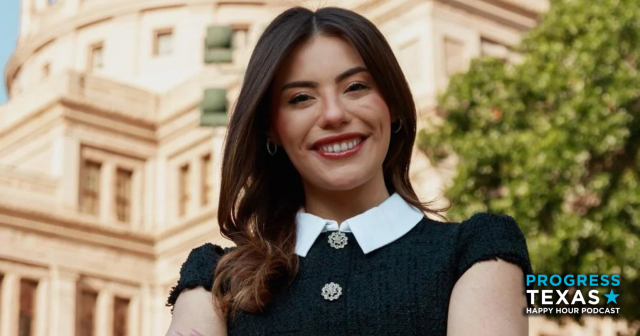Love or anarchy — controlling the pandemic is up to us

This article originally appeared in the Austin American-Statesman. Reprinted with permission.
Assessing the roles of federal, state and local governments in efforts to control the coronavirus pandemic is complicated by the fact that a great number of Americans refuse to do what their governments ask of them.
When people ignore government steps to control the spread of the virus, we have what might be called pandemic anarchy. The pandemic anarchists resent that their governments would dare ask or order them to, say, wear a mask.
Controlling the pandemic depends entirely on denying the virus the hosts it needs to survive. By hosts I mean us. All of us. If a great number of us are going to refuse to cooperate in that effort, what can government do short of criminalizing the virus deniers, which few if any officials want to do?
Vaccines are on the way, and we will need all levels of government to cooperate in an unprecedented national effort to distribute vaccines to everyone. And, of course, governments should give science-based advice on necessary precautions.
At this point, it serves little purpose to criticize governments that did too little or praise governments that did their best to guide us through the crisis. The truth is, surviving the pandemic is up to us.
Here’s what the National Center for Biotechnology Research says about responding to a pandemic: “A whole-of-society approach to pandemic influenza preparedness emphasizes the significant roles played not only by the health sector, but also by all other sectors, individuals, families, and communities, in mitigating the effects of a pandemic.”
Individuals, families and communities. And, what do biologists say ties us together in families and communities? Love, say scientists Francisco Varela and Humberto Maturana.
“This is the biological foundation of social phenomena: without love, without acceptance of others living beside us, there is no social process and, therefore, no humanness,” they wrote.
I think folks know that in their hearts. It’s one reason shaming, name-calling and calling out those we disagree with doesn’t work. It’s heard as unacceptance, as a rejection of bonds that make us human. When folks are driven by resentment, adding fuel to the fire will not diminish the flames.
I’ve made that error plenty of times, and I’ll no doubt make it again through impatience, anxiety or lack of attention. But I can try not to.
Instead, let’s speak of something we have in common: love for our mothers, fathers, sisters, brothers, sons, daughters, neighbors and friends. We wear masks for their sake, to protect them as much as ourselves.
This isn’t a political argument. It’s a human argument. If those who resent an order to wear masks would take a moment and imagine the faces of their mothers and fathers in front of them, loved ones who could be harmed by their actions, they just might act differently.
We can’t do this unless governments fulfill their responsibilities, but governments can’t do that if we don’t recognize what makes us human. It’s unfortunate that resentment seemed to spread faster than the virus. The virus feeds off our resentment when it leads us to reject precautions. Choose love, not anarchy.
DONATE
Your donation supports our media and helps us keep it free of ads and paywalls.








